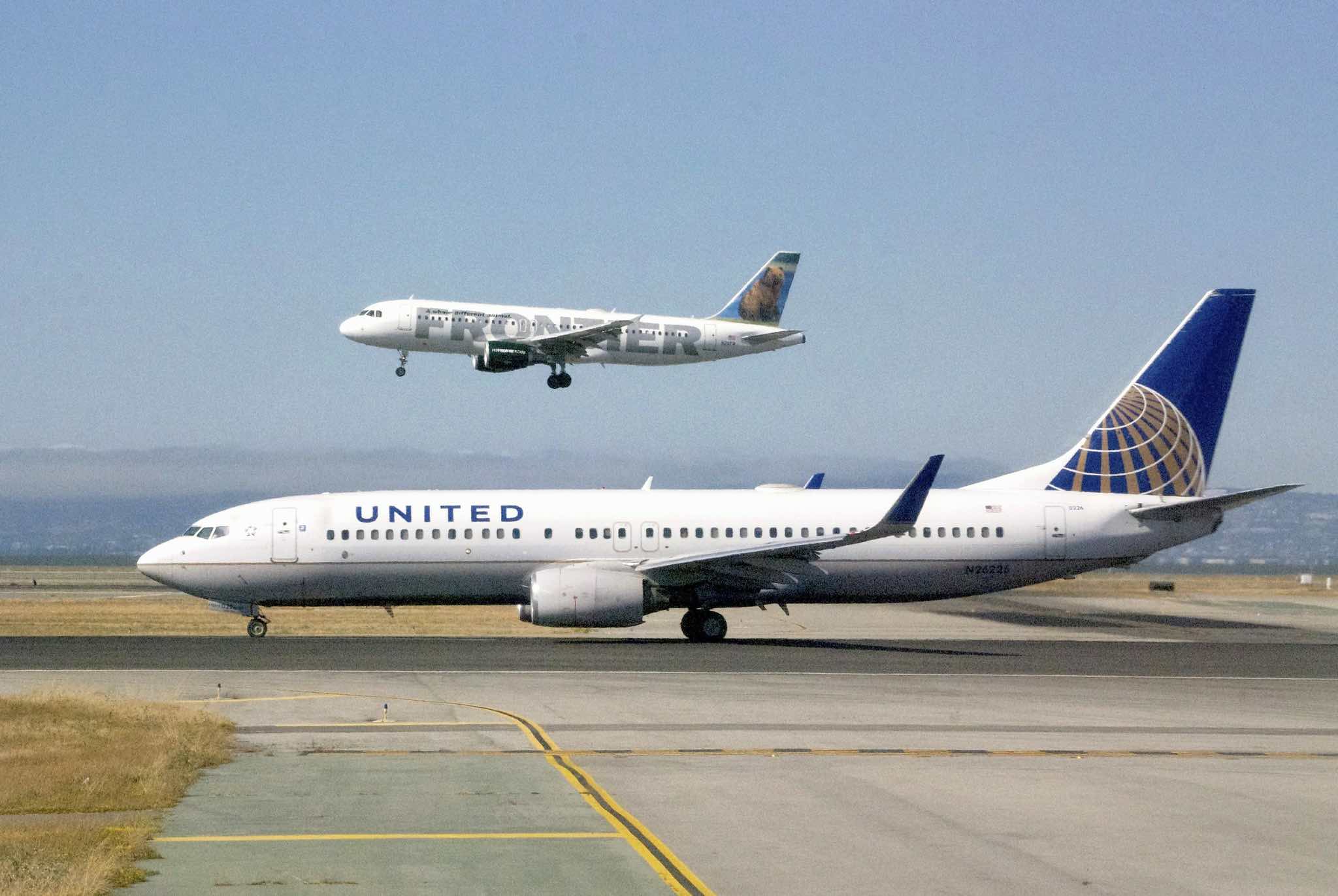As Predicted, United, Frontier Siphoning Spirit Customers
As I predicted a few months ago, United and Frontier are positioning themselves to benefit from Spirit’s demise, plus the biggest thing they are missing.

Called It
Well, well, well… the two players I’d suggested would be interested parties in Spirit Airlines’ failure have made moves this week to fill a potential gap left by Spirit should it collapse. I covered in a prior article why the two would be interested. Frontier makes the most sense due to its prior attempts and conversations with Spirit management to merge, or acquire the airline. It ultimately lost its bid to JetBlue in an acquisition that was approved and then challenged by the DOJ, which successfully sued to block the transaction. It’s believed that JetBlue is no longer in a position to purchase Spirit even in its current state.
United aligns for a few reasons. Fleet commonality is helpful, though Delta and American Airlines both also feature a significant Airbus A320-family fleet. American already has deliveries arriving soon and couldn’t really make use of a Fort Lauderdale hub given its massive presence just down the beach in Miami, but United has quietly toyed with the notion of a southeastern US hub.
United CEO, Scott Kirby, has been far more aggressive for expansion, jumping the line to grab new A320s from Airbus. He’s also been clear that he does not believe the Ultra Low Cost Carrier model is long for this world, though he essentially operates a business segment that mirrors exactly the ULCC model nickel and diming for every possible revenue channel. Basic economy was its strongest growth segment.
It’s Not The Acquisition I’d Expected
I had presumed that Frontier or United would attempt to grab Spirit for the aircraft as it’s been difficult to increase A320 fleets given the engine challenges over the last few years. But neither airline seems to be playing to buy the carrier and acquire the debt. It’s entirely possible that legal fees and the regulatory process could add a significant cost if the not become the majority cost of purchasing Spirit. Integrating equipment and staff, complying with labor laws – it makes sense that United specifically isn’t as interested in buying the carrier out of bankruptcy.
However, both carriers have made moves to fill presumed gaps assuming a total failure by Spirit and accelerating the pressure and financial pain on Spirit as they enter those markets. Rather than compete on every route, which neither carrier has the equipment or staff to do, they are picking markets where they believe they can be successful. It’s possible that if Spirit is to entirely fail, both carriers will compete for assets, staff, and routes but doing so in this manner is far less expensive, risky, and distracting.
The thought is: there’s no need to buy the carrier now, let it die and buy the pieces at fire sale prices. Staff will gravitate toward options and run into any carrier’s open arms.
They aren’t wrong in this assessment.
Value Missing
There’s one key thing that both are missing by not buying Spirit outright. There is value in its loyalty program marketing contracts, and lists. In fact, though Free Spirit is not nearly the behemoth of even Frontier’s Go Wild! loyalty program, it is likely the only corner of profit inside the airline that’s losing almost $100MM/month. Buying a mailing list after the airline is dead may still provide some of that value, but acquiring it as a going concern would certainly lead to greater value and utility.
Conclusion
For all of the prognostications bloggers like myself make, it feels nice to get one right – even if it doesn’t take the exact shape or approach I had predicted. The approach both carriers are taking in an assumed total failure of Spirit is not unwise, even if it’s a depressing way to view the opportunity. Frontier appears to be playing for both scenarios (one of acquisition and one of Spirit’s failure.) Without Spirit in the picture, fares are likely to increase and some routes will be abandoned leaving travelers with fewer, or in some cases, no options. But without a willing party and path to continuation it seems to solely be a matter of time before Spirit is gone and carriers jump in where they feel they can find value.
What do you think?